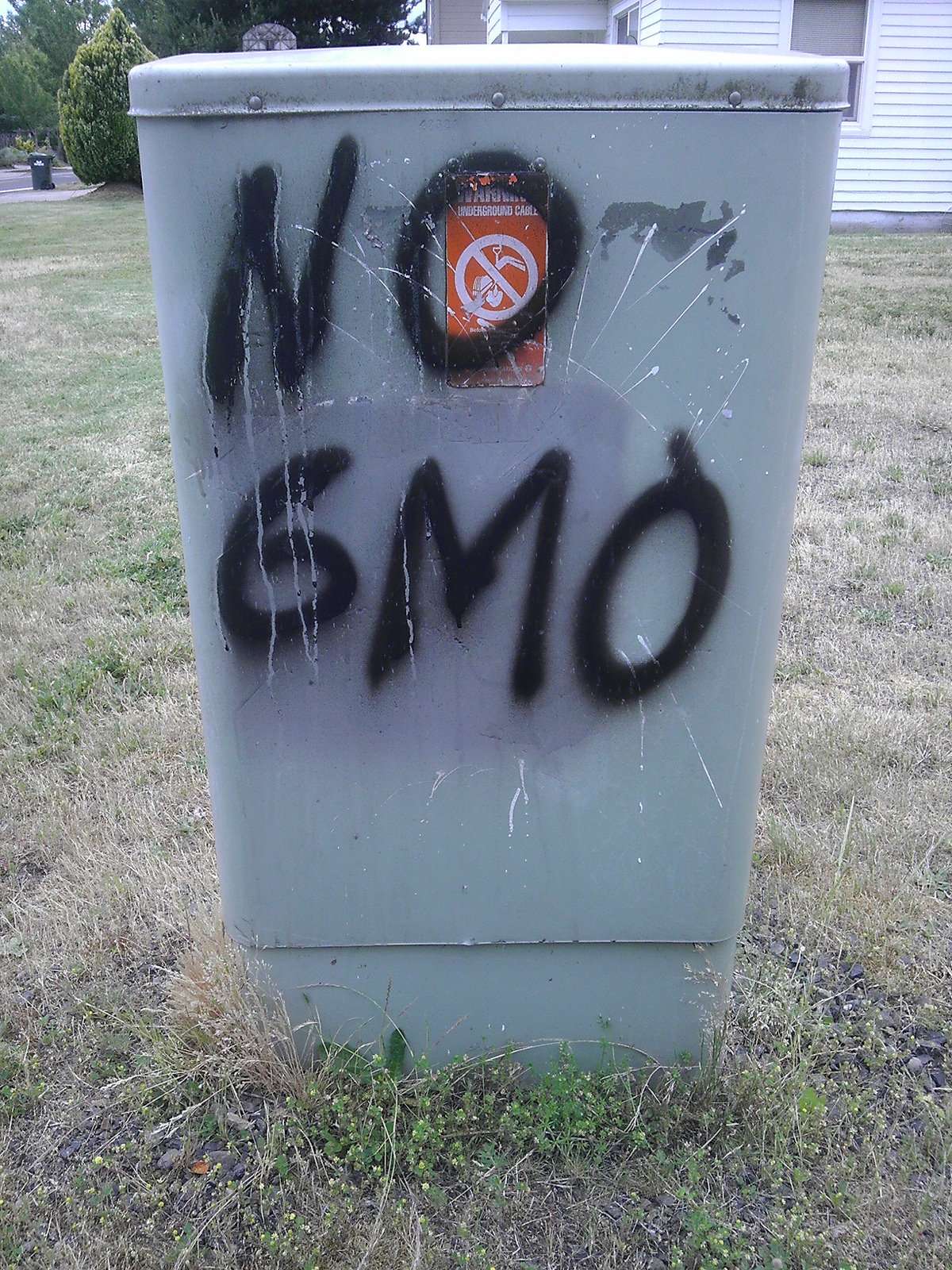Vermont Poised to Become First State to Demand GMO Labeling


Anti-GMO fearmongering may have won the day in Vermont. The state's senate voted 26-2 in favor of legislation demanding labeling of food that contains genetically modified ingredients. The labeling requirement would not go into effect until 2016. The governor has indicated he's likely to sign the bill, according to the Burlington Free Press. From the newspaper:
Many foods, including an estimated 88 percent of the corn crop in the United States, contain ingredients that have plants or animals that were genetically modified, typically to increase disease resistance or extend shelf life. Opponents argue that the process may be harmful to humans. Supporters contend there is no evidence of that. Sixty countries, including the European Union, require labeling.
Sen. David Zuckerman, P/D-Chittenden, noted as he introduced the bill on the Senate floor Tuesday that questions remain about the safety of the genetically modified foods because the U.S. Food and Drug Administration relies on testing done by the food producers rather than independent sources.
But the U.S. Food and Drug Administration is not the sole source of information about genetically modified food, and note the "you can't prove it's not harmful" positioning of the argument. There have been plenty of independent studies showing the lack of evidence of any dangers with genetically modified crops. Making note of the labeling requirement in Europe doesn't counter a report from the European Commission that determined, "The main conclusion to be drawn from the efforts of more than 130 research projects, covering a period of more than 25 years of research, and involving more than 500 independent research groups, is that biotechnology, and in particular GMOs, are no more risky than conventional plant breeding technologies." More recently a study noted the lack of difference between the biochemical makeup of genetically modified and conventionally bred tomatoes, other than the intended changes to the ripening process for the GM version.
The Vermont bill also includes the creation of a fund to pay for the legal bills should food manufacturers sue the state to block it. And they will. The legislation creates significant compliance costs (how appropriate that the Senate worries about being sued but doesn't worry about those affected by the legislation being sued) and is a deliberate effort to scare people against buying certain goods in the absence of any scientific evidence they should be concerned.
The House version of the bill (pdf) claims that there "is a lack of consensus" regarding the safety of GMOs, which isn't really true, and actually claims the labelling requirement will "create additional market opportunities" for foods that aren't classified as "organic" but nevertheless don't use genetically modified crops. This is outright saying that this law exists partly for the purpose of shifting consumers from one type of product to another. They know full well it will push some people away from these foods. That is the actual intent of the law. Of course they're going to get sued.
The Burlington Free Press story also unfortunately highlights a problematic truth about politics and activism and fearmongering. Few outside business and farming interests directly affected by the law care enough to lobby against these labeling mandates. A couple of senators noted that they had negative opinions about the label mandate, but were inundated with calls and emails from fearful constituents to pass it.
Reason's Science Correspondent Ron Bailey, currently on leave writing a book about, appropriately enough, how science shows life on Earth is getting better, not worse, has written frequently about the anti-scientific opposition to GM foods. Read his February Reason magazine piece about anti-GMO activism in Hawaii here.



Show Comments (73)